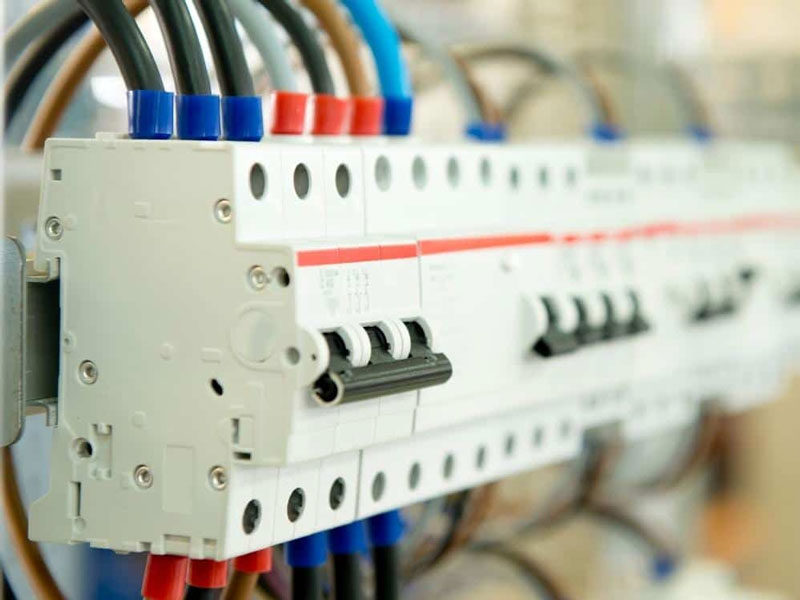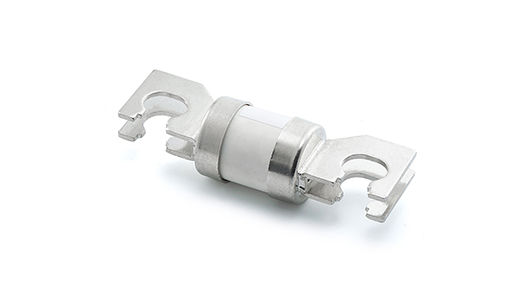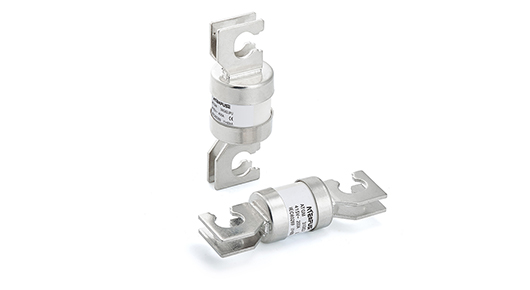Need A Fuse Between A Battery And Inverter
Fuses are an integral and essential component in most electrical installations, and they play a vital safety role. The ensure that any excessive current traveling through the wire that could damage the system does not reach critical equipment.
You would need a fuse between the battery and the inverter. This protects the wire and the inverter from overload, potential damage, and fire. Depending on the size inverter you have, you will require different fuses, like 12V, 24V, and 48V inverters would require different size fuses.
To get a better understanding of why you would need a fuse between a battery and inverter, we need to understand the following:
• What function fuses perform between the battery and inverter
• How to determine what size fuse you would need for your inverter
• What happens to the inverter when a fuse blows
Understanding how and why fuses work and why they should always be installed between the battery and the inverter regardless of the inverter size will give you the information you need to ensure your inverter system is protected.

Solar Fuses On A Wall
Contents show
What Does A Fuse Do Between The Battery And Inverter?
The fuse connected between the battery and the inverter will protect the inverter and the wiring from a power surge or short circuit damage.
A fuse connected between the battery and the inverter is probably the most critical fuse of all, as this is where the most current would be flowing in the system. There are often other fuses within the system, and most inverters have a built-in fuse.
The current generation in a PV system can fluctuate, and the fuse between the battery and the inverter will protect the inverter and the wire in the event of a power surge.
The Function Of A Fuse In A Circuit
Fuses and circuit breakers are designed to fulfill a single purpose: to prevent overheating and damage caused by short circuits or current surges to the connected electrical equipment.
See also Solar Panel Carport (Costs + Installation)
You find fuses in almost every electrical device, from your car to home electronics. They are an essential safety feature, whether installed in the device itself like an amplifier or between electrical power sources and the distribution devices like a power inverter.
Connection Load
A fuse works by having a specific current rating. If that current maximum is exceeded, the fuse will blow and prevent the higher electrical energy from traveling through the wire and reaching the connected load.
The fuse will blow when the fuse element overheats due to excessive current, and this causes the element to melt and break the current flow between the battery and the inverter.
While some people view blown fuses as an inconvenience, they are, in fact, critical indicators of a problem in the circuit.
If they are blowing consistently, that signals that an investigation into the issue is warranted.
What Size Fuse Would You Need For Your Inverter?
The size of the inverter you have and what voltage the inverter is running will determine the size of the fuse your system will require.
The general rule when it comes to sizing fuses is to use the following formula:
Continuous Wattage / Battery Voltage X 1.25. The 1.25 is a safety factor incorporated, so your fuse can handle slightly more than the capacity but not too much over-capacity to cause damage in short or surge.
As an example:
• If your inverter is rated at 2000W and your battery bank is 12v, the equation would be as follows:
• 2000W/12V = 167A X 1.25 = 208 Amp, so a 220A /250A fuse would be recommended in for this system.
The Importance Of Cable Thickness
Another factor when calculating what size fuse you would need is the thickness or gauge of the cable that will connect the battery and the inverter. This is also dependent on the inverter's wattage and the battery voltage.
Remember that the thinner the cable, the lower the fuse has to be, as the cable will not be able to accommodate a higher current running through it without overheating or burning.
See also Why Does My Inverter Keep Shutting Off?
When establishing what size fuse you need, use the correct gauge cable to match the current requirements, and your supplier or manufacturer will be able to advise on this.
What If Your Fuse Between The Battery And Inverter Blows?
If your inverter is running connected load appliances, when the fuse between the battery and the inverter blows, all connected devices will stop working immediately. There is no risk of damage to the connected load if this happens.
The inverter will shut down as the current flow is broken, and to restore the electrical current, the fuse will have to be replaced to restore the current flow.
When replacing the fuse, switch the inverter off or disconnect the load so you don't create a power surge when reconnecting the fuse and circuit.
Remember that if you have appliances connected that require a start-up load like air conditioners or fridges, it is better to reconnect them one at a time.
Power Surge
A power surge will occur when the connected load draws more than the inverter's rated power, and this can cause the fuse to fail again as it protects the inverter from over-demand as would save the connected load from too much current flowing to it.
Suppose it happens that your fuse is constantly blowing. In that case, you need to check the connected load devices for short circuits or see whether you have connected another appliance that may be overloading the circuit and causing the fuse to blow.
Another cause is that the inverter itself may have developed a fault. You can quickly check this by disconnecting all the connected devices and then switching the inverter on.
If it still trips or blows a fuse, there is an issue with the inverter itself, and your supplier or manufacturer should check it.
If the inverter checks out, you need to check the batteries to ensure that they are charged and discharging the correct voltage and current.
Always check the wiring to ensure that the connections are tight on the battery terminals and the inverter connections.





